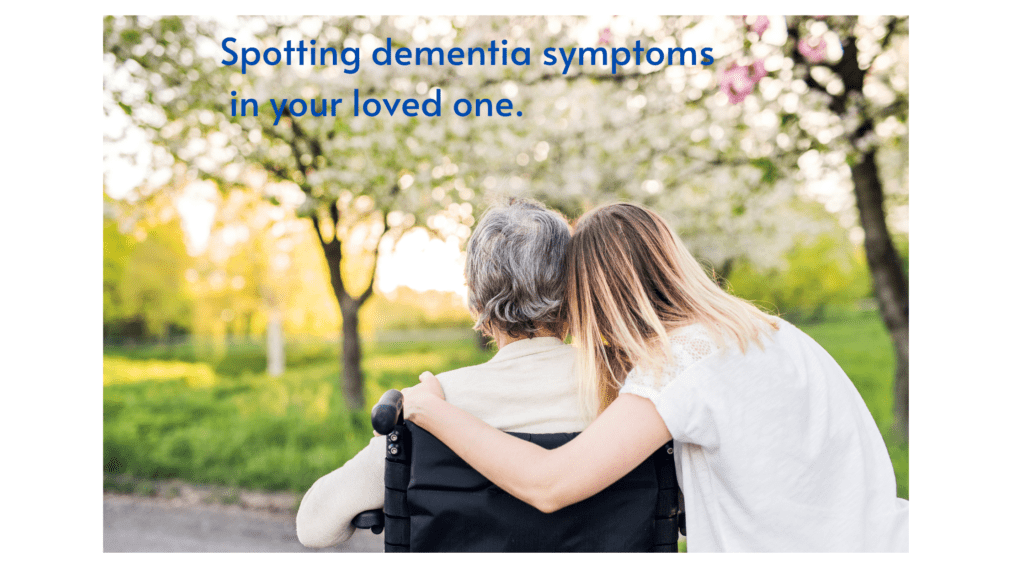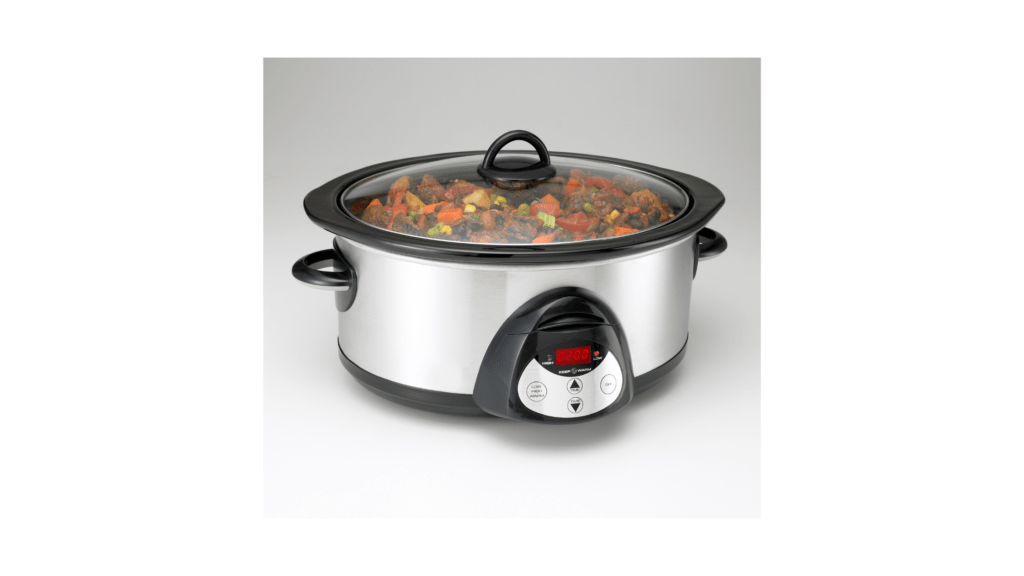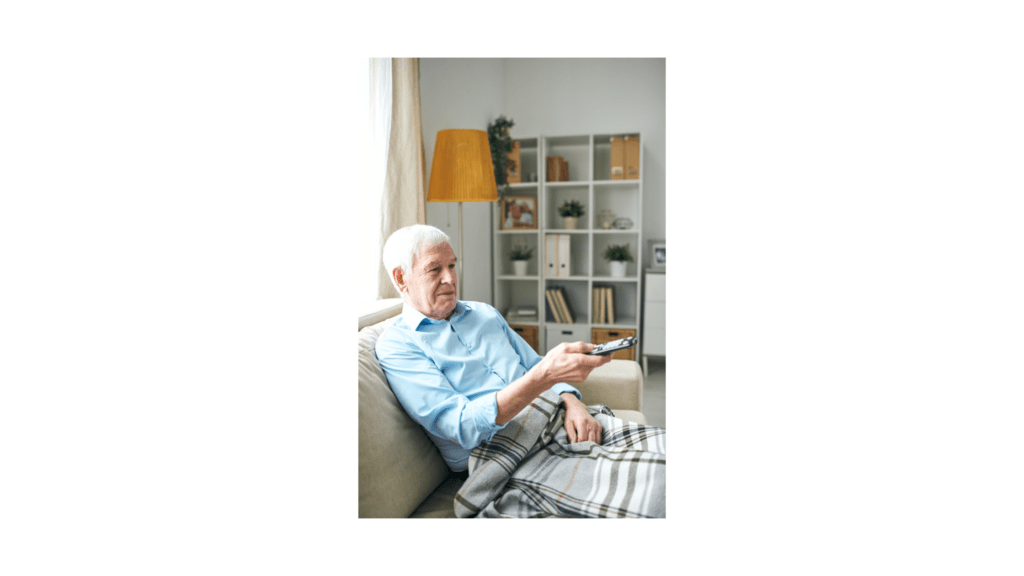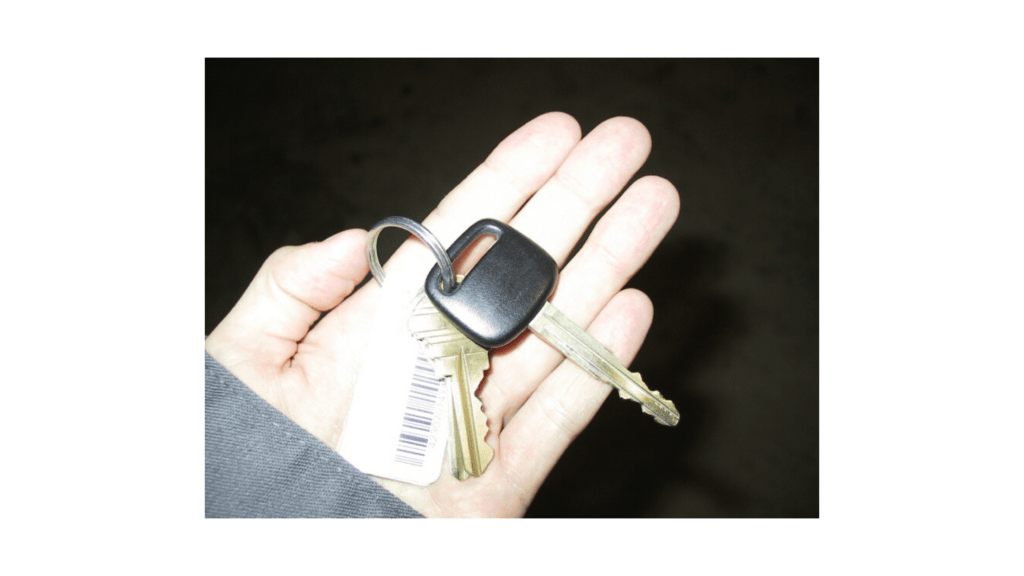
“What were the first signs of dementia you observed in your loved one?”
This was a question posed on social media recently. All the answers were unique and collectively gave an invaluable insight to this disease. The posts came from around the World from husbands, wives, children and other relatives who love someone with dementia.
So here is a wide range of personal observations of early symptoms of Dementia before diagnosis.
- Losing stuff and blaming others of stealing it.
- Letting post pile up.
- Not remembering how to cook things she has spent a lifetime cooking.
- Being early or late to appointments or going on the wrong day.
- Not being able to make his computer or smart phone work. Paying the same bill 3X in a row.
- Getting names mixed up was the first sign. Grandma would occasionally call me by her niece’s name and my brother by her nephew’s name. This started 6 years before the memory loss set in.


- Falling for scam artists who called on the phone and giving them her personal and financial information.
- She kept leaving the car running on the drive
- Poor driving skills, repeating herself, losing things and getting lost. I am also convinced it starts long before we notice it.
- I agree, I also think they realise it and try to hide it from others – possibly by withdrawing more and more.
- Confusion – spacial awareness being off. My Dad was really unbalanced.
- Leaving the stove on, forgetting, hurtful and going overboard with ‘fur babies’.


- He couldn’t work out how the boards went on a floor he had started laying. He just couldn’t figure out which way they went.
- It really hit me when he couldn’t play a simple board game with the grandson. I kept having to tell him to move 1 or 2 squares.
- Getting angry over little things and swearing (she never used profanity before).
- Repeating herself over and over.
- Decline in personal appearance and hygiene.
- Unable to tell the time.


- He was acting very nervous and shaky.
- Long before her diagnosis my granddaughter, mother and I decided to play Monopoly. Mum just couldn’t do it.
- He never remembered anything I told him and then accused me of lying. Saying his computer was broken when he forgot how to use it.
- Paranoia. Believing people were breaking into the house where there was no evidence.
- Total personality change – got really impatient and bitchy.


- First signs very early had a lot to do with anti social behaviours. Talking about people behind their backs and stealing. Then she began to show up late for work. She started to pay bills late or not at all. That was when I stepped in and said “enough is enough”. No-one believed she had dementia. I had to fight for a proper diagnosis and any support.
- Taking the wrong meds ant the wrong time.
- Change of personality. All of a sudden my husband started appreciating what I did for him!
- She couldn’t understand simple instructions.
- Hiding his snacks in the garage.
- Sleeps all the time. Apathetic. Asks questions he should know the answers to.


- Passive – aggressive behaviour, simple lies instead of taking responsibility.
- Unable to find the words for complete sentences.
- Asking me daily what each of his medication is for. He was wearing yellow sunglasses, then asked me to call his doctor because he thought his medication was making him see yellow.
- Accusing me of having affairs, of not working or loving him.
- Lots of paranoia and aggression. Kept accusing cleaners of stealing jewellery – which we later found tucked away in between her clothes in wads of tissues.


- She would be doing something, freeze and just stare….totally confused as to what she was doing.
- Loss of basic maths skills.
- A couple of minor traffic accidents from inattention/confusion.
- Not eating or only eating certain things.
- Not cleaning herself or the home.
Final words:
So there you have 50 different descriptions of how early Dementia can show itself. Obviously don’t panic if your Gran sometimes forgets the word for something…..or goes through all the grandchildren’s names before she gets to yours. (My father used to call me by the dog’s name regularly!). What I think this list highlights is that Dementia is as unique as we are. There are over 100 different types of Dementia and clearly our own personality plays a huge part in how it affects us.
Other problems that might look like Early Symptoms of Dementia:
Malnutrition https://dementiadoulas.ukfor one, can cause all sorts of problems. 1 in 10 of over 65s in the UK are malnourished or in danger of malnourishment. As we get older we may not have the energy to cook; lack confidence and be reluctant to cook alone.
Urinary and chest infections; heart, lung, liver, kidney and thyroid problems and strokes are some of the common medical conditions that can also mimic dementia symptoms.
Depression and anxiety can also make people act and communicate differently.
The bottom line is, if you are concerned about a loved one, speak to a health professional. It’s not easy to persuade someone to accept they might have a problem but their GP and the health team are usually very understanding.








